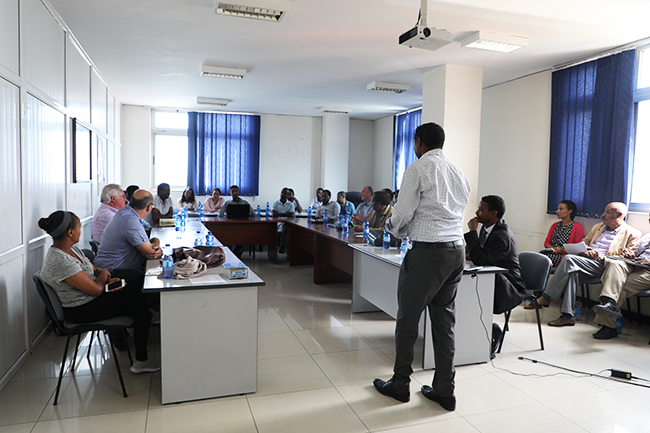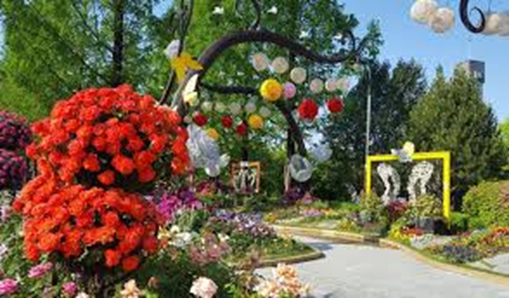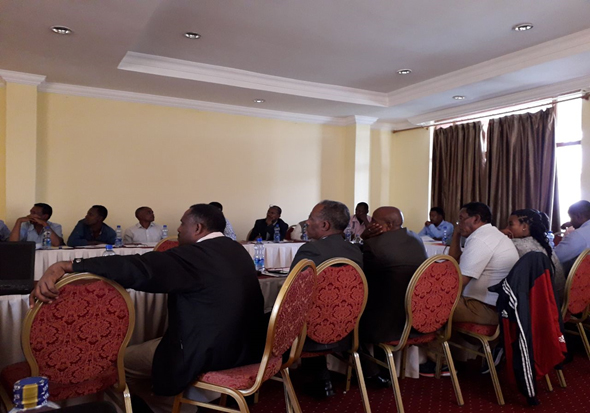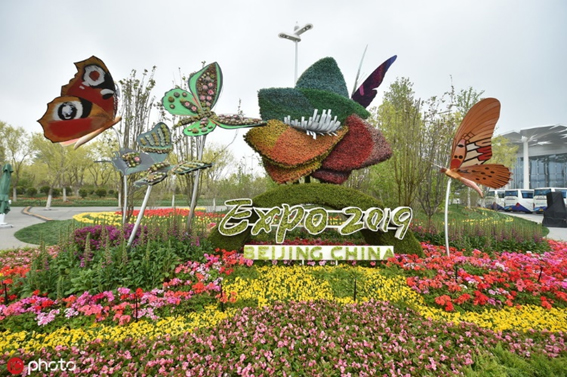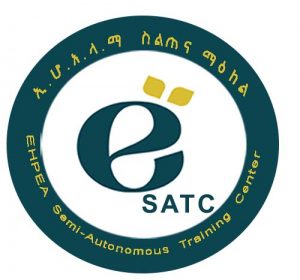Experts and executives drawn from the Ministry of Agriculture, EHPEA member farms and stakeholders on Tuesday deliberated on a document prepared to back the agriculture sector with quarantine regulation. The discussion was conducted as a follow up after the recent validation workshop held in Adama to further cascade the regulation in depth. The participants asked questions for clarity, raised valuable comments and suggestions meant to enrich the draft regulation developed by a team of experts commissioned/formed from EHPEA and the Ministry.
Reflecting on the draft regulation, EHPEA Board member who is also farm owner Ronald Vijverberg noted that the document is prepared in accordance with international standards in a way that could pave a way to develop a number of relevant directives expected to enhance the Ethiopian horticulture sectors competitiveness globally.
Ronald also indicated that the regulation needs to be finalized and approved in a way that entertains amendment in line with future developments in the country and the world.
Fikre Markos, an employee of Agricultural Transformation Agency and consultant, also said that utmost effort has been made to incorporate every relevant information in the draft regulation. He also mentioned that once the regulation is approved attention should be directed quickly towards devising a directives.
Member farm representatives who have made active participation in the discussion raised a number of issues to be incorporated as an input into the regulation. The need for updating list of pests on regular basis has been pointed out as a matter of concern for future.
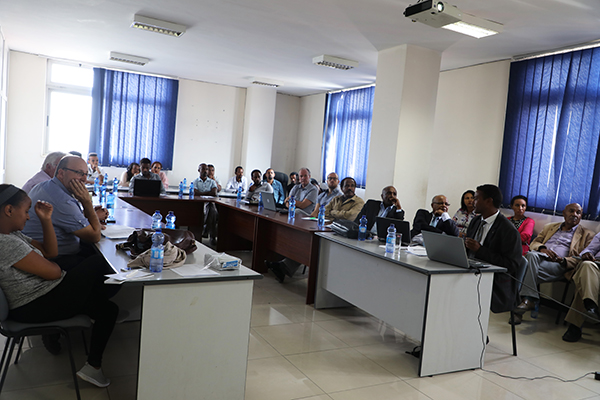
Presentation of the new plant quarantine regulation by Dr. Waktole Sori, IPM component Manager, EHPEA
The Ethiopian Plant Quarantine Regulation in use was developed in 1992. In addition, the country is a signatory of the International Plant Protection Convention (IPPC) and further paving a way for the fulfillment of the needed preconditions to become a member of WTO. In line with these realities, there is a dire need to have a new Plant Quarantine Regulation that takes in to account the present authentic situation of the country and the world. Thus, formulation of the new regulation is found to be an option less measure.
The quarantine regulation was being developed by team of experts and is financed by EHPEA.

